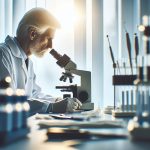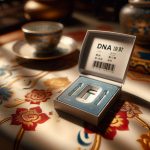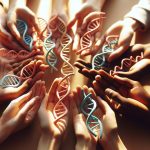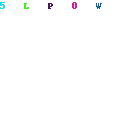February 4 marks an important day on the calendar—World Cancer Day. It’s a time designated to open up discussions about cancer, an issue that touches millions of lives across the globe. The campaign associated with this day aims to shine a light on what cancer represents today, encouraging people everywhere to understand their own risk and discover steps they can take to lessen their chances of facing this challenging disease.
Cancer remains one of the leading causes of death worldwide, but knowledge is power. By becoming informed about how lifestyle choices can influence your risk, you have the opportunity to make changes that could potentially save your life. From dietary adjustments to regular health screenings, there are actionable measures everyone can adopt.
The essence of World Cancer Day goes beyond mere awareness; it’s about prompting action and fostering hope in the fight against cancer. Let’s use this day as a springboard for conversation and change, empowering ourselves and our communities to stand strong against a condition that has taken so much from so many.
Understanding World Cancer Day
Initiated by the Union for International Cancer Control (UICC) in 2000, World Cancer Day has grown into a worldwide movement aimed at shedding light on cancer and urging governments to make it a priority. This annual event promotes education about this life-threatening illness, encouraging actions that span from offering free cancer checks to organizing charity runs and even quirky events like sponsored haircuts.
The sheer scale of involvement is impressive, with activities spreading across over a hundred countries and drawing responses from numerous government officials promising stronger support. Through its website, the campaign offers various ways for individuals to pledge their support, making it clear that everyone’s commitment counts.
A notable milestone will be reached in 2024 as we hit the midpoint of the compelling « I Am and I Will » initiative which kicked off in 2019. This particular drive emphasizes personal promise towards fighting cancer, aiming significantly to cut down premature deaths caused by this disease along with other non-communicable diseases by a third come 2030.
The Significance of World Cancer Day
Cancer remains one of the most significant health threats worldwide, with it being the cause behind approximately one in every six deaths globally. In 2020, the disease is expected to claim around 9.6 million lives, underscoring its status as a leading global killer. A notable fact is that many of these fatalities are preventable, highlighting an urgent need for increased support from governments. Particularly alarming is the rapid increase in cancer cases in lower and middle-income countries; these regions are poorly prepared to manage both the societal and economic burdens brought on by this health crisis.
The call for change rings loud and clear: there’s a pressing demand for heightened awareness and stronger government involvement to address this challenge head-on. The Union for International Cancer Control (UICC) has made its stance clear through its World Cancer Declaration. It asserts that everyone deserves equal access to crucial cancer services—diagnosis, treatment, and care—regardless of where they live or their financial situation. The UICC emphasizes the critical role of governments in spearheading policies, legislation, investment, and innovation to fast-track progress against cancer.
Despite World Cancer Day being observed just once annually, efforts to combat this disease extend beyond a single day. The UICC organizes a biennial World Cancer Congress, creating a valuable platform for leaders and healthcare professionals to exchange knowledge and foster partnerships aimed at tackling cancer more effectively.
7 Major Causes of Cancer
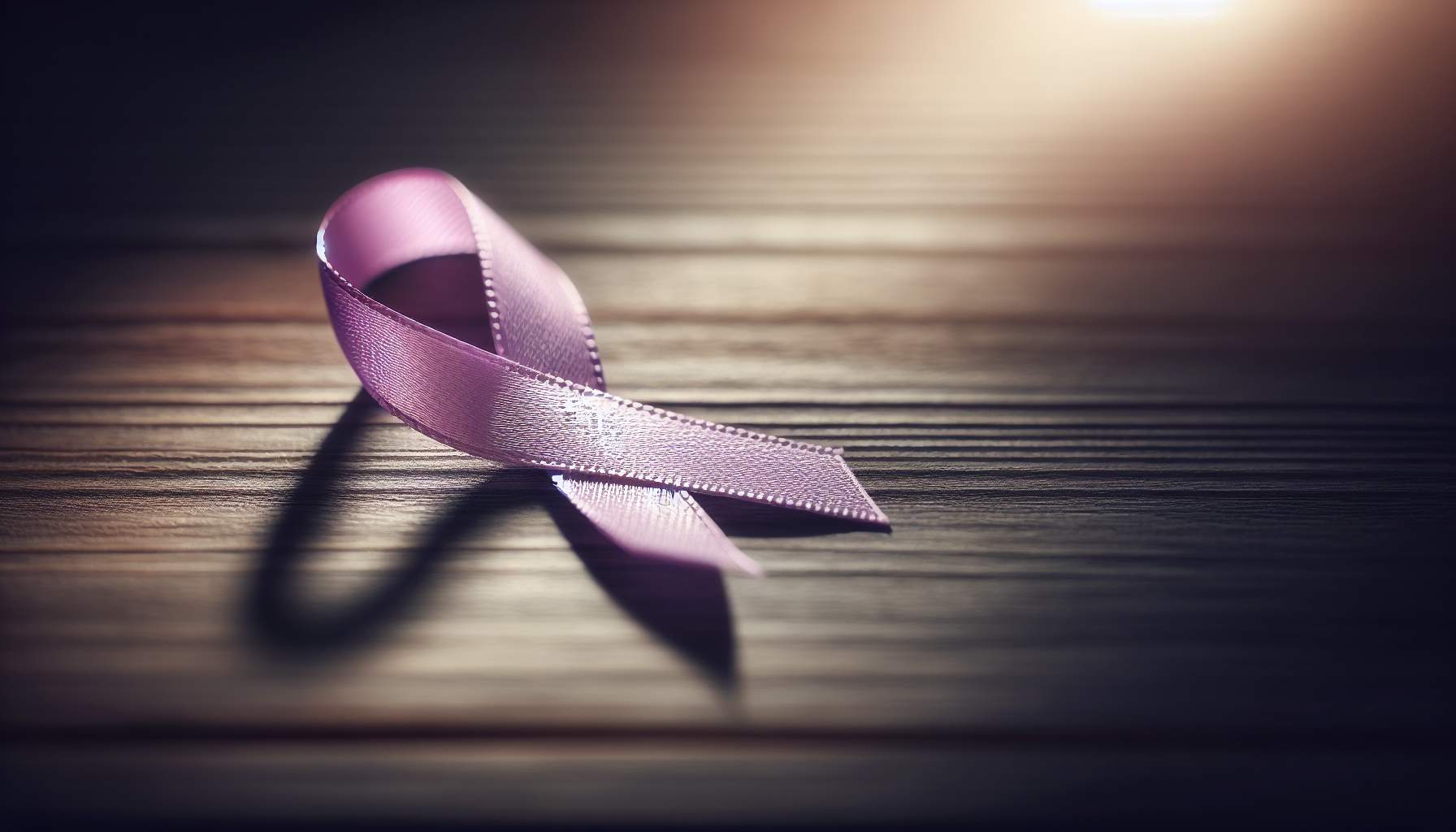
Understanding the various factors that increase your chances of getting cancer is crucial for maintaining good health. The National Cancer Institute highlights several key elements to keep in mind, such as growing older, drinking alcohol, your diet choices, genetic traits, being overweight, exposure to sunlight, and using tobacco.
First off, the older you get, the higher your risk of facing cancer becomes. This makes it vital for individuals over 65 to pay extra attention to any unusual symptoms. When it comes to alcohol, more is definitely not merrier—drinking excessively can put you at risk for a variety of cancers like those affecting the mouth or liver. So moderation is key.
Your plate’s content also plays a part; consuming certain foods might up your chances of developing cancer. Opting for a balanced diet and consulting with healthcare providers about nutritional choices can help mitigate this risk.
Some folks have genes making them more susceptible to cancer due to inherited mutations. Knowing your family history and discussing this with healthcare professionals can guide necessary precautions.
The global issue of obesity cannot be overlooked either—with millions classified as obese worldwide—the link between excessive weight and increased cancer risk (such as breast or kidney cancer) is undeniable. Aiming for a healthy weight could thus provide protective benefits.
Sunbathing isn’t all fun and glow; ultraviolet radiation from the sun damages skin cells leading to skin cancers. Protective measures include wearing sunscreen on exposed parts and shying away from direct sun exposure or tanning beds entirely.
Lastly but most critically, tobacco stands out as a major villain in the fight against cancer. Whether active smoking or inhaling secondhand smoke—tobacco use heightens risks across various types such as lung and bladder cancers among others. Kicking this habit could be one of the biggest favors you do for yourself and those around you.
Ways to Screen for Cancer
The World Health Organization points out that spotting cancer early can massively boost your odds of beating it. So, to stay one step ahead, here’s what you should consider doing:.
Spotting Initial Alerts – Key Indicators to Be Aware Of
It’s crucial to stay vigilant for early cancer signs, but jumping to conclusions without a doctor’s consultation is not advisable. These symptoms could be warning lights prompting you to seek medical advice sooner rather than later, helping eliminate any doubts about serious health issues. The American Cancer Society points out several key indicators that shouldn’t go unnoticed:
– A sudden drop in weight without trying might raise eyebrows. Losing over ten pounds unexpectedly is often linked with certain types of cancer like those affecting the pancreas or stomach.
– Experiencing fevers can be normal; however, persistent high temperatures may signal something more concerning, including potential immune system cancers.
– Feeling worn out even after ample rest? This type of fatigue is alarming and could be associated with leukemia among other blood-related cancers.
– Pain should never be ignored, especially if it’s persistent or located in specific areas such as the lower back, which might indicate colon or ovarian cancer.
– Lastly, keep an eye on your skin for any unusual changes. This includes new patches of color or excessive hair growth which could suggest skin cancer.
Remember, these symptoms are not definitive proof of cancer and can result from various conditions. However, it’s always better to play it safe by consulting with a healthcare provider. Ignoring these signs won’t do any good; being proactive can make all the difference in managing your health effectively.
Evaluate Your Risk Through Genetic Testing
Understanding your genetic makeup can be a game-changer, especially when it comes to assessing your risk for certain diseases like cancer. With the advent of at-home DNA tests, finding out whether you’re more likely to develop this ailment has become as easy as a simple saliva sample or a quick finger prick. Post sending in your sample, the results land in your inbox sooner than you might expect, shedding light on your health predispositions.
Among several companies offering these insights:
– Futura Genetics stands out by evaluating risks for 28 common health conditions including various types of cancer. They pride themselves on adhering to stringent federal regulations ensuring accuracy and reliability.
– 23andMe, pioneers in direct-to-consumer DNA tests, offer FDA-approved evaluations particularly focused on breast cancer through analysis of BRCA1 and BRCA2 gene variants.
– Helix takes a comprehensive approach with tests covering an array of cancers. Their kits not only indicate predispositions but also provide tools for lifestyle adjustments and referrals if necessary.
– For those concerned specifically about hereditary cancer risks related to the BRCA genes, Color offers targeted testing under medical supervision.
– Finally, Invitae‘s broad spectrum test looks across eight major organs highlighting susceptibilities including those related to breast and gastrointestinal cancers alongside a unique service for family members sharing potential genetic variations.
Each company provides valuable insights that could lead you towards preventive measures or simply make you more aware of early warning signs. While having these genetic predispositions doesn’t guarantee the development of cancer, they are an important conversation starter with healthcare professionals about managing potential risks effectively.
Attend Routine Check-ups
To protect yourself from cancer, it’s crucial to get checked regularly. Even if you’re not showing any signs or have a family history, staying on top of screenings can boost your chances of catching it early. Remember, early detection is key.
Concluding Remarks
World Cancer Day is dedicated to raising worldwide awareness about cancer risks. However, it’s a misconception that our focus on cancer should be limited to just one day a year. Recognized globally as a leading cause of death throughout all seasons, cancer demands our constant attention and action.
Education plays a pivotal role in combating this disease. By informing ourselves and others, we contribute significantly towards early detection and prevention. It’s crucial to be vigilant for the initial signs of cancer—early detection can make all the difference.
Being proactive about our health means:
– Keeping an eye out for any unusual changes or symptoms.
– Considering genetic testing if there’s a family history of cancer.
– Regularly undergoing screening tests.
By adopting these practices, we stand a better chance against cancer, aiming not only to detect it early but also to prevent it from gaining ground in the first place. Remember, staying informed and taking preventive measures can save lives.
Extra Materials
For further details on topics related to cancer, consider checking out these resources:
– Dive into World Cancer Day at their site for global initiatives and awareness campaigns.
– The American Cancer Society offers a wealth of information from prevention tips to treatment options.
– Get reliable insights on cancer from the World Health Organization, covering statistics to strategies for combatting it globally.
– The National Cancer Institute is your go-to for cutting-edge research findings and resources.

